Trailer Interchange Insurance for Small Fleets
What Trailer Interchange Insurance Covers
Trailer interchange insurance (also called trailer interchange coverage) helps pay for physical damage to a non-owned trailer in your care, custody, or control under a written trailer interchange agreement. It responds to collision, fire, theft, explosion, and vandalism—key for drop-and-hook moves around Cabot, Little Rock, North Little Rock, Jacksonville, and along I-40 and US-67/167. Rich Insurance Services builds policies for Arkansas trailer interchange insurance that match real-world contracts, yard rules, and broker demands.
Physical Damage to Non-Owned Trailers
When a borrowed trailer is hit, stolen, or damaged by fire, the interchange endorsement is designed to cover the trailer itself—up to your selected limit and subject to deductible. It does not cover your tractor or the load. For those, your physical damage policy and
motor truck cargo policy would typically respond. We’ll help you match values to the trailers you pull most often, whether they’re reefers running to distribution hubs in Conway and Searcy or dry vans staging near the Port of Little Rock.
When Coverage Applies
Coverage hinges on having a written trailer interchange agreement and possession of the trailer. If the trailer is in your custody—hooked, parked at your lot in Cabot, or being shuttled to a yard—it’s generally within scope. Keep signed agreements and unit numbers handy; certificates and endorsements should mirror contract language so shippers and warehouses can verify compliance quickly.
What It Doesn’t Cover
Trailer interchange insurance won’t pay for damage to your tractor, injuries or damage you cause to others, or loss to the cargo itself. Your auto liability,
commercial trucking insurance
program, and cargo coverage address those exposures. Ask our team at Rich Insurance Services how to coordinate deductibles and limits so you’re covered from yard to yard across the Mid-South.
Trailer Interchange vs. Other Coverages
Non-owned trailer physical damage on some policies may cover a trailer you pull without a written agreement, while trailer interchange coverage is contract-driven. Cargo insurance protects the load—not the box. And your tractor’s comp/collision doesn’t extend to a borrowed trailer unless specifically endorsed. We’ll help you decide which approach fits your lanes, shipper requirements, and budget.
Who Benefits in Arkansas & the Southeast
Owner-operators and small fleets working under interchange agreements benefit most—especially regional drop-and-hook operations moving between Little Rock, Jonesboro, Fort Smith, and Memphis. If your customers ask for proof before loading, we’ll provide certificates that reflect the exact wording required by yards and warehouse partners across Central Arkansas and the Southeast.
Limits, Deductibles & Certificates
Common limits range from $20,000 to $75,000 per trailer, with higher options for newer reefers or specialty equipment. Choose deductibles by trailer age and value to balance premiums and risk. Need proof fast? Our team issues certificates promptly so your drivers aren’t stuck at the gate on late-night runs through Cabot and the Little Rock metro.
FAQs: Trailer Interchange
“Is coverage required to sign an interchange agreement?”
Most yards and shippers want evidence of trailer interchange coverage listed on the certificate with the correct limit and wording.
“Does coverage follow the trailer on drop & hook?”
Yes—when the trailer is in your care, custody, or control under a written agreement, subject to policy terms.
“Can I bundle interchange with cargo and physical damage?”
Yes. We often place interchange alongside motor truck cargo and physical damage so certificates and deductibles coordinate cleanly for Arkansas small fleets.
Ensure You’re Covered on the Job
Rich Insurance Services helps Arkansas owner-operators choose Occ/Acc benefits that fit budget and risk—so an injury doesn’t derail your business or your family’s plans.

